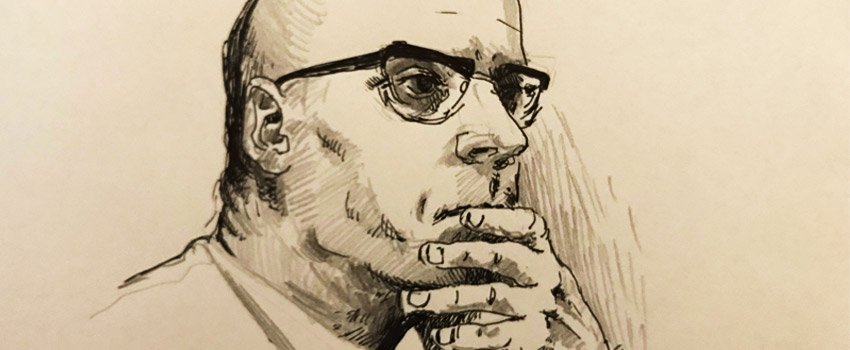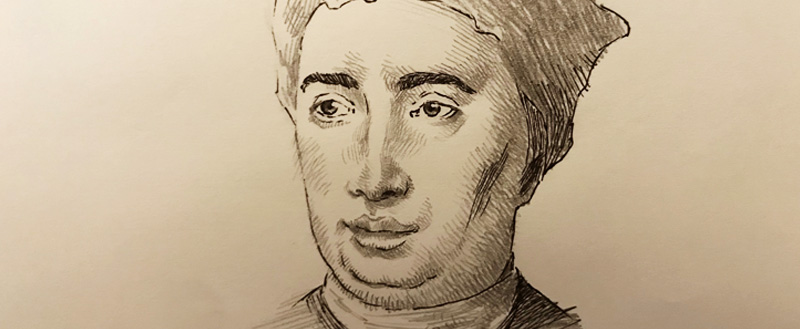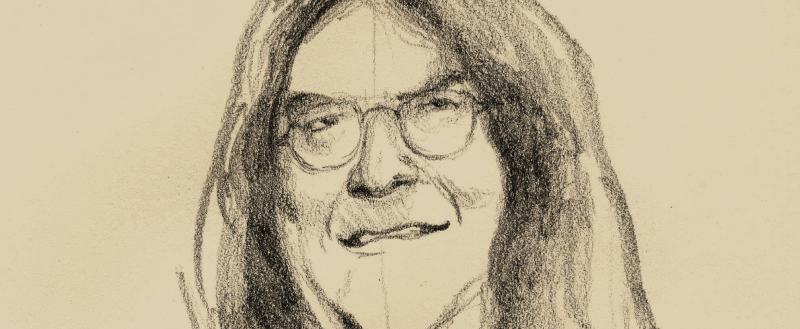1. Foucault illustrated how historical progression of punishment and disciplines relates to exercise of power by authority–from the torture of body in the public to the self-disciplines of the people. Public torture is now an anachronism because of normative ethical standards in the current age. However, the exercise of power is still very prevalent because of surveillance systems. Foucault drew analysis from imprisonment and regimentation of the body through habits and clockwork activity that was being used in prison, but applied in school and workplaces as well (though now, school and workplaces are evolving out of it). Working from 6-5 with breaks and exercises in between are a kind of residual activities inherited from prison (Foucault drew his analysis from a prison that housed young prisoners in Paris).
We have, then, a public execution and a time-table. They do not punish the same crimes or the same type of delinquent. But they each define a certain penal style. (Foucault, Michel. Discipline and Punish).
2. Disciplines is further propagated from the body to the mind. Propaganda “trains” our perceptions (and thus our mind) in popular media and advertisement. We were taught since the very young age (ads target children as well) a certain kinds of behaviors. Edward Bernays is probably the father of modern propaganda. In his short work “Propaganda”, he claimed that
Modern propaganda is a consistent, enduring effort to create or shape events to influence the relations of the public to an enterprise, idea or group. This practice of creating circumstances and of creating pictures in the minds of millions of persons is very common…The important thing is that it is universal and continuous; and in its sum total it is regimenting the public mind every bit as much as an army regiments the bodies of its soldiers. (Bernays, Edward. Propaganda).
3. Finally, when disciplines are regimented on both body and mind, the act of disciplines from the external imposition slowly transition to internalized self-disciplines. Modern day surveillance is a very good example. If the people purposefully made to realize that those in power are monitoring our movements and activities, inevitably, part of our own habits become self-censored. Going back to Foucault, he uses Jeremy Bentham’s Panopticon as an illustration of how the mechanism of self-disciplining and censorship work:
Each individual, in his place, is securely confined to a cell from which he is seen from the front by the supervisor; but the side walls prevent him from coming into contact with his companions. He is seen, but he does not see; he is the object of information, never a subject in communication…And this invisibility is a guarantee of order… Hence the major effect of the Panopticon: to induce in the inmate a state of conscious and permanent visibility that assures the automatic functioning of power.
4. With the progression and proliferation of data and increase surveillance technological systems, how will our individual and collective behaviors be further shaped? And more importantly, are there any space for democratic deliberations that be the voice of collective ethics?





